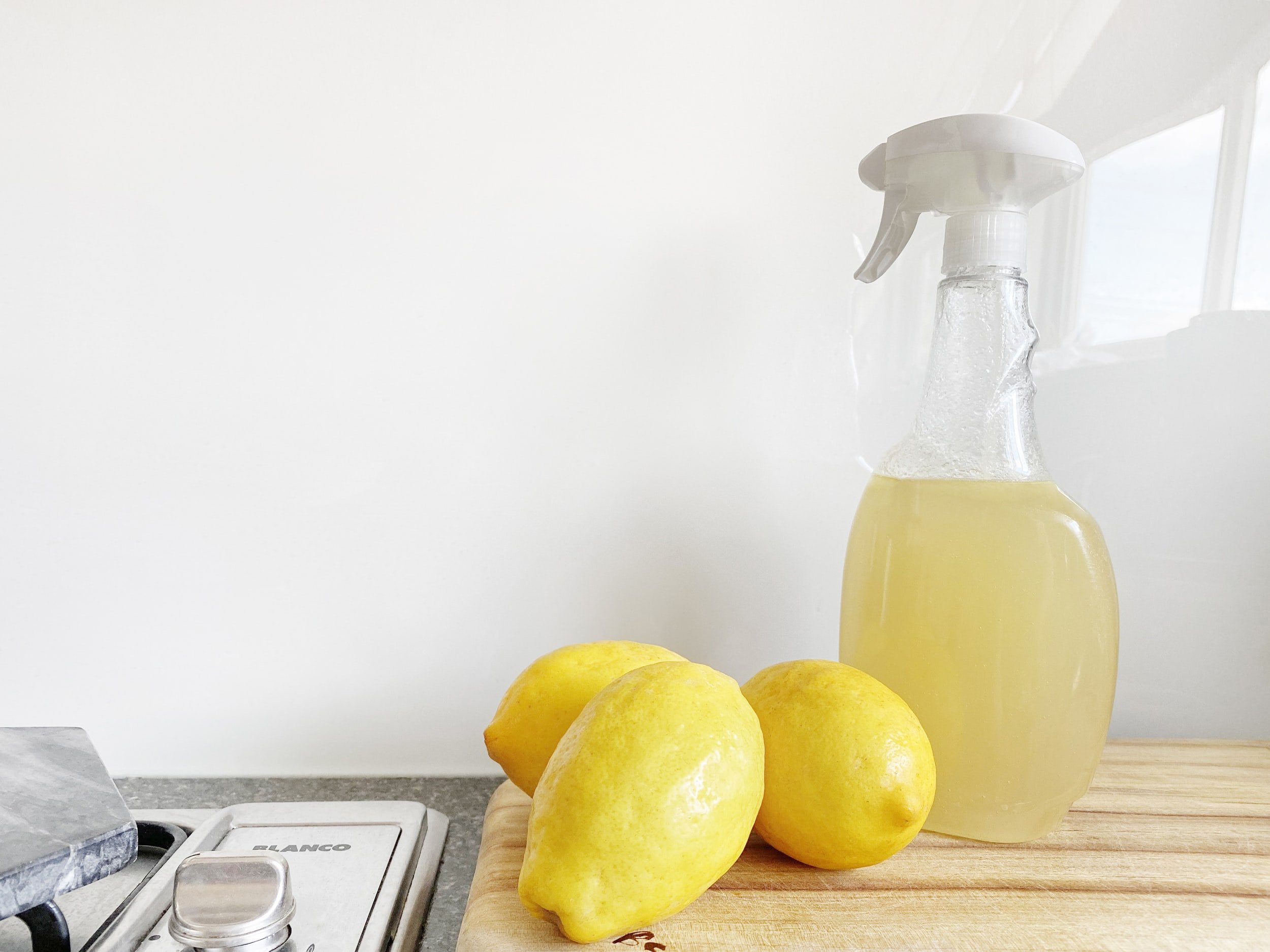Chemical Burden
We are surrounded by man-made chemicals and toxins all the time. These chemicals are in our air, our food and water, cosmetics, cleaning products, homes, cars, and well - they’re everywhere. They are in, on and around us 24/7.
The European Chemical Agency now estimates that there are more than 144,000 man-made chemicals in the world.
2,000 new chemicals are being released every year. These chemicals are incredibly poorly tested and regulated and their widespread use is having an enormous negative impact on our health and the health of our environment.
The lack of safety testing before they enter the market is the main issue with chemicals.
Even when chemicals are tested for safety, they are usually isolated short-term studies, and these studies are done on a 70 kg man. However, women are much more complex than men and much more susceptible to hormone-disrupting chemials or endocrine disruptors.
We also know that it’s very unlikely in the real world that we will be exposed to just one chemical at a time.
A lot of chemicals do not break down and they have nowhere to go so they contaminate our environment.
These chemicals are also fat-soluble. This means that they can pass from one species to the next, through the food chain. Humans are at the top of the food chain, so we end up bioaccumulating the chemicals through eating smaller animals.
Chemicals can negatively impact our health. One of the most well-studied effects of chemicals is their interruption and interference of our endocrine or hormone system. This group of chemicals is called endocrine-disrupting chemicals, EDCs. These chemicals are mostly man-made and can be found in various materials, such as pesticides, plastic, additives in foods, cosmetics, cleaning products, and personal care products.
In our bodies, EDCs can actually mimic or block the action of hormones.
They increase the production of certain hormones, decrease the production of others. EDC’s are also known to imitate hormones, turning one hormone into another. They interfering with hormone signalling, telling cells to die prematurely, competing with essential nutrients, and accumulating in organs that produce hormones.
Does it all sound a bit depressing? Yes but…
You can do something about it
You can avoid chemicals in food by going organic (an organic co-op is another great way to save).
Wash your fresh produce well with vinegar and essential oils. I use water, vinegar and doTERRA lemon essential oil. It’s also a good idea to make it up in a glass spray bottle.
I spray my apples or any fruit before I eat them, if I don’t bath/soak them beforehand. I also ask the farmer or grocer up front about any spray used if I don’t know the grower personally.
Buy in bulk
Find and go to your local organic co-op. (I do this ALL the time.) Many people seem to forget this is one way you can save quite a bit of money! I always buy organic staples like grains, dried fruit, nuts, and flour in bulk.
We can always minimise the amount of chemicals going into our body, we just have to be conscious of them and find ways to eliminate them by utilising good alternatives. There are many out there.
I love making my own cleaning supplies.
Here is the easiest and the most effective all purpose cleaning spray I have ever used. You can use it to clean your windows as well.
Natural all purpose cleaning spray
Ingredients:
2 tsp liquid Castile soap or On Guard cleaner concentrate (pure plant based cleaner concentrate)
10 drops doTERRA lemon essential oil
10 drops doTERRA On Guard essential oil blend
10 drops doTERRA tea tree essential oil
How to:
Put all ingredients in a 500ml glass spray bottle and top with filtered water
Shake gently to combine and use as needed
Purchase the oils and plant base cleaner here to get 25% discount
Pit XX

